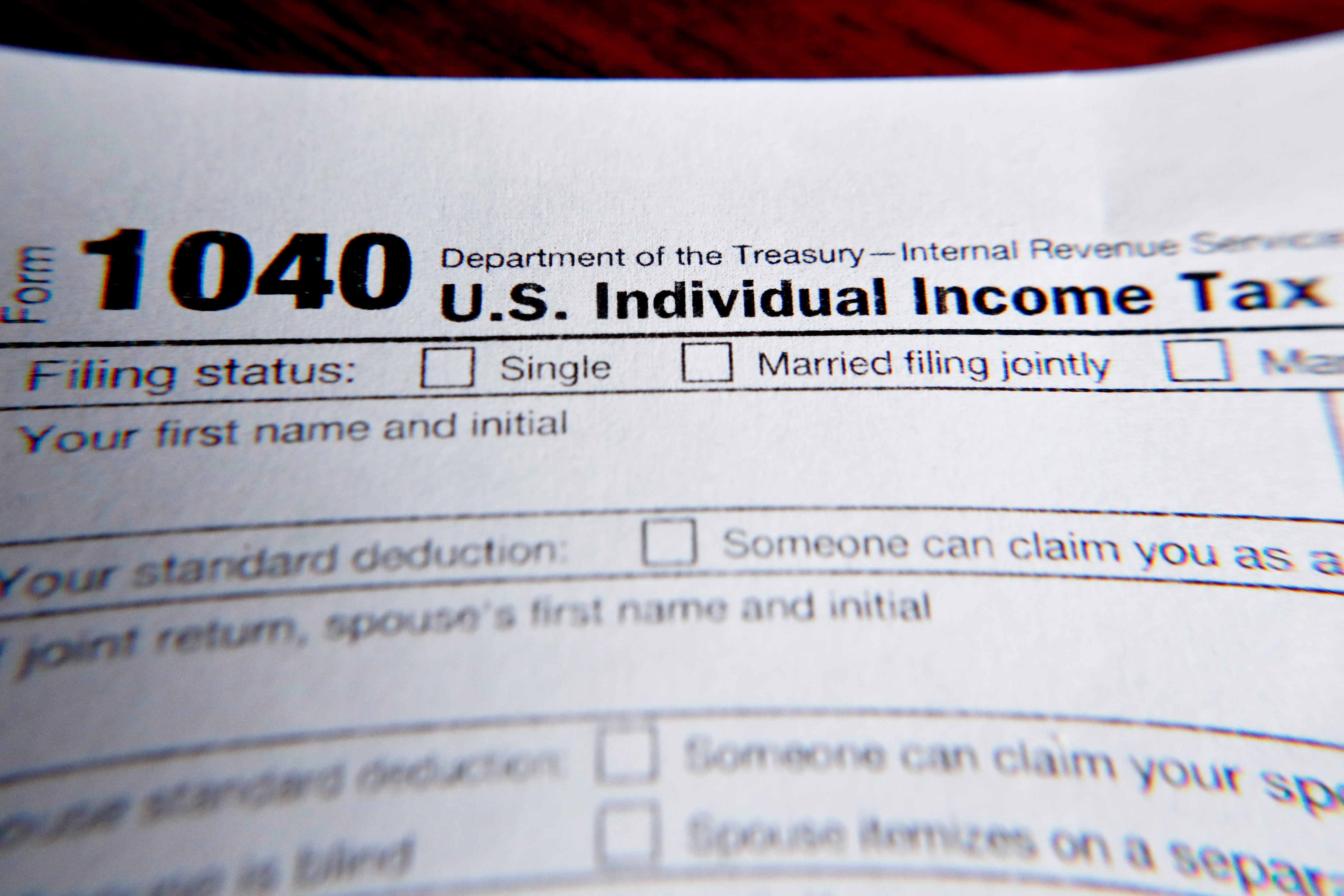Insurance shoppers: Plan now to trim next spring's tax bill
Some health insurance shoppers who got government assistance may receive a tax surprise next spring

An unpleasant tax surprise may be lurking next spring for some people who bought health insurance this year on the Affordable Care Act’s coverage marketplaces.
The problem centers on income or what shoppers think they will make.
People can get help from the government to buy coverage, depending on their income. But they have to estimate their income for the coming year to figure out how much help they need in the form of tax credits.
Those who estimate too low — and wind up getting more help than they should — will have to pay back all or part of the assistance at tax time.
About 3.2 million returns for 2018 included a repayment, according to the latest statistics from the Internal Revenue Service.
Insurance brokers see this problem surface every year, and some expect it to grow more acute for 2020. Because of job losses due to the coronavirus pandemic, many people used the exchanges and tax credits for the first time to buy coverage this year.
But next spring’s tax headache can be softened with some planning before the end of the year.
“If they wait till April to figure it out, then there’s no time to do anything,” said Emily Bremer, a St. Louis-area broker.
Here’s what Bremer and others recommend.
CHECK YOUR MATH
Compare your income estimate to what you actually earned. Was your 2020 estimate too low?
Those who make between 100% and 400% of the federal poverty level can get some tax credit help paying their premium. This year, 400% of federal poverty amounted to $104,800 for a family of four.
Tax credit eligibility is based on modified adjusted gross income, and a lot of things are included in that figure. Unemployment compensation counts and so do early withdrawals from retirement accounts like 401(k) plans. The summer job income of any children or dependents also counts.
“Be aware of all of your income sources and understand how quickly for some people you can lose all of your tax credit,” said Eric Bronnenkant, head of tax for the financial management company Betterment.
People who wind up earning more than 400% of federal poverty levels will have to pay back their entire credit, and that can add a couple thousand dollars or more to a tax bill
Those who fall below the poverty level also should be concerned.
If your income turned out too low to qualify for tax credits, you also may have to pay back some of the help you received. That can happen to restaurant workers if their employer shut down for a long stretch due to the pandemic.
The federal government’s healthcare.gov website offers assistance with income estimates.
EXPLORE OPTIONS FOR HELP
It’s too late to adjust your tax credits for 2020. But there are still some ways to adjust your taxable income.
If you can, increasing contributions to work-based retirement accounts like a 401(k) plan can lower taxable income. Doing the same for a health savings account for medical expenses can help.
Look for last-minute deductions. Wichita Falls, Texas, broker Kelly Fristoe said a rancher client may buy a tractor before the end of the year partly to create a business expense that helps push his taxable income back below 400% of the poverty level.
A tax professional or health insurance broker may be able to help.
START SAVING
If you're going to end up paying money back, you have time to start saving for that tax bill in April.
It's also a good idea to keep tabs of your income in the new year.
Fristoe said he likes to meet with clients in the middle of the year to see how their income is shaping up compared to what they predicted when they bought coverage. There’s enough time at that point to adjust tax credits if needed.
“That way you don’t get to the end of the year and go, ‘Oh my goodness, I need to pay the IRS how much money back?’,” Fristoe said.
___
Follow Tom Murphy on Twitter: @thpmurphy
Bookmark popover
Removed from bookmarks